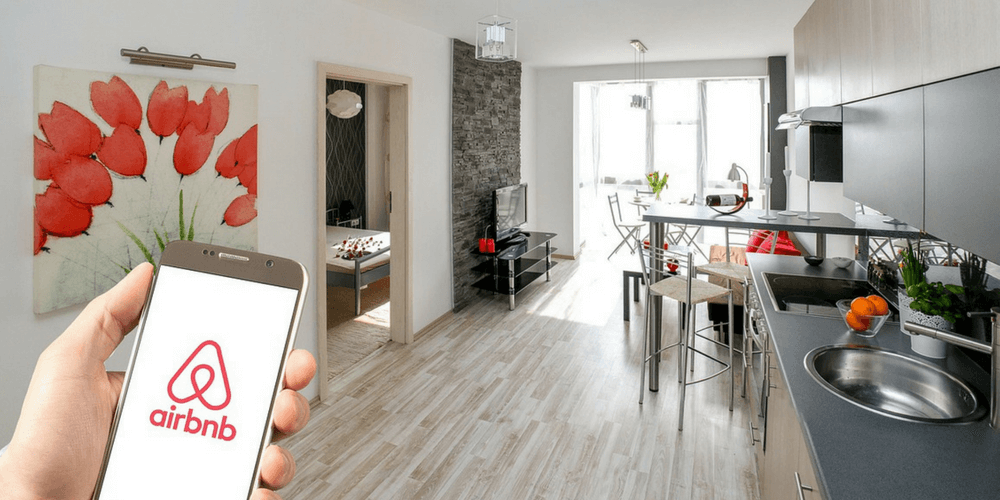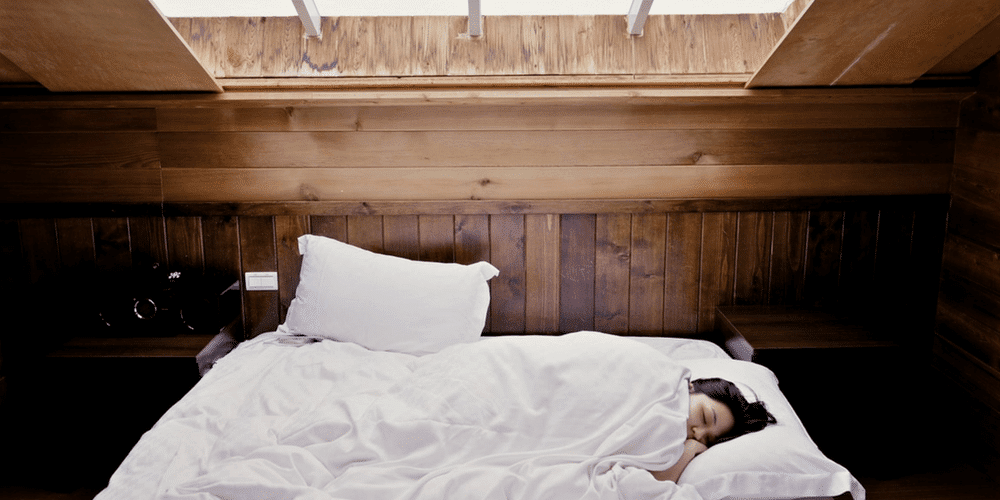More than ever before, travelers are turning to Airbnb before setting off with their suitcases. It offers the most diverse collection of short-term rentals online, covering almost every possible need and preference for overnight accommodation, in addition to being one of the most popular platforms for homeowners to list their properties.
But Airbnb rose to success against nearly all the odds. It started with a few financially struggling individuals who were forced to think outside the box, identified a market that was only targeting a narrow demographic, and set out to democratize it.
The travel industry would never be the same again.

While their effect on tourism is obvious, their influence stretches substantially beyond this industry as well. In so many ways, from recognizing commercial potential to incorporating morality into their business model, Airbnb has had a monumental impact on startup culture.

With Airbnb celebrating their 10th birthday, here are ten milestones that follow the company’s rise to the top:
1. Airbnbeginnings
Back in 2007, two of Airbnb’s three co-founders found themselves struggling to make ends meet in San Francisco. They decided to market their living room as an affordable overnight accommodation. With the help of their old roommate who would later become the 3rd co-founder, Airbnb was conceived, addressing the need for non-commercial travel and revolutionizing the market.

Let’s put a bed here!
2. 2009: A Billion Dollar Idea
In the same year that Y-Combinator (one of today’s top accelerators) received their own first multi-million dollar investment, they turned around and invested part of it in Airbnb. This opened the door for just shy of $1 billion more in investments to come.
3. The Year That Launched 10 Million Bookings
Between July 2011 and June 2012 – spanning less than one year – Airbnb grew from two to 10 million bookings.

4. Launched a Disaster Relief Program
In 2012, disaster struck the Americas in the form of Hurricane Sandy. Airbnb realized the potential their business had for being able to help people in need find shelter, and launched a disaster relief program called Open Homes. Through this program, Airbnb hosts have already offered temporary housing to over 11,000 people displaced by natural disasters, conflict, or illness.
5. Hotels Double-Check Their Numbers
By 2014, hotels were beginning to notice changes in their numbers. Variable profits had been reducing, and the numbers showed that Airbnb could claim 3.7 percent of their profits in the 10 US cities with its largest presence. It was a moment that led both the short-term rental and hotel industries to reexamine their markets and target better.
6. A Helping Hand For Its Hosts
Leading up to 2015, many instances of customer damages and abuses made problems for homeowners all over, raising the risk margin of hosting and sabotaging their trust in the Airbnb platform. In 2015, Airbnb introduced their million-dollar host insurance policy, a major investment which committed them to reducing the risk for hosts and improving their business model.

7. A Helping Hand For its Customers
Following the same moral compass of 2015, Airbnb made another giant leap in business ethics the following year. In 2016, they implemented a Nondiscrimination Policy to legislate their commitment to equal consumer rights and treatment, further solidifying their moral prerogative.
8. Climbing the Ranks
By 2018, the Wyse Travel Confederation ranked Airbnb third on the list of online accommodation sellers – towering over an already massive industry saturated with options.
9. Leading the Fight For Local Economies & Against Overtourism
Not too long ago, Airbnb began to offer more touristic services by adding a guidebooks feature where hosts can make recommendations to travelers. In a study of over 2.8-million Airbnb host guidebooks, 61 percent of recommendations are only recommended by one host.
The study additionally showed that 72 to 93 percent of Airbnb listings are located outside of areas that are at risk for overtourism, and at least two-thirds of all guest arrivals on Airbnb take place outside of traditionally tourist areas as a result.
By distributing tourist traffic to destinations typically located outside tourist hotspots, Airbnb is encouraging geographic diversity and helping to fight tourist crowding – recently coined overtourism.

10. Named “Poster Child” of Sharing Economies by Forbes
In 2018, Forbes declared Airbnb to be both the first and the most successful sharing economy in tourism.
10 Years of Building a Business and a Future
Between a transparent review system, public rather than privately owned listing pages, and a steadfast devotion to constant improvement, Airbnb is teaching businesses everywhere how to find and provide solutions for unmet needs. They have essentially democratized the travel industry, and are sure to keep the lessons coming through whatever amazing future projects they have in store.





